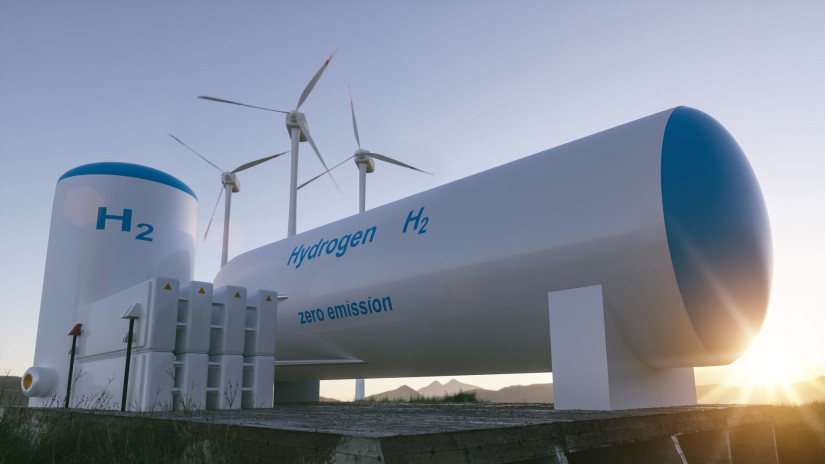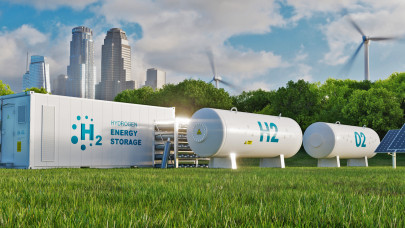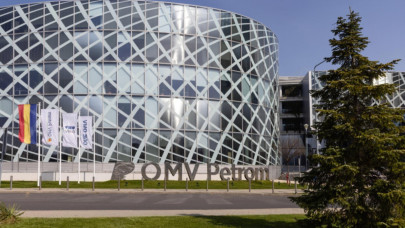The event was unveiled by Minister of Innovation and Growth Milena Stoycheva. Her ministry hosts the events in the first days of the Bulgarian participation in COP28.
"We have already invested in the elaboration of a concept and the main infrastructure for the creation of a hydrogen valley in the area of Stara Zagora, including with the support of the European Commission," she explained, according to the Bulgarian News Agency.
In her words, hydrogen has the potential to support the economy's decarbonization.
Martin Vladimirov, moderator of the event and head of the Energy and Climate program at the Center for the Study of Democracy, said that industrial decarbonization is of decisive significance. The challenges go beyond the energy system's decarbonization; these are partially governance challenges as well, he noted.
Maria Trifonova, an expert from the Center for the Study of Democracy, presented the opportunities for developing offshore wind energy in the Black Sea and the potential that this type of energy can bring. Bulgaria can make a technological leap by using the latest technologies in the sector, where the production capacity of wind turbines is increasing significantly. There is also an option for synergy with hydrogen technologies, where wind energy is used for the production of green hydrogen, she explained.
The benefits for coastal cities' economy include jobs for highly qualified workers, development of shipbuilding, electricity for transport and shipping, and infrastructure. Varna already has a training center for work in this sector, but the graduates go abroad, Trifonova said.
Dimitar Enchev, co-founder and CEO of Europe of CWP Global, said that to get decarbonized, the world needs more green energy, and hydrogen can contribute to that. Listing potential applications of industrial decarbonization, he mentioned the production of green steel and ammonia for fertilizers, aviation, and shipping.
Mila Nenova, InvestBulgaria Agency Director, presented the Agency's role in assisting companies get in contact with municipalities and in providing the necessary infrastructure. Companies insist that the energy supplies they get be of green energy. In her words, the Agency provides financial and non-financial incentives, such as land, settlement of property matters, and communication with municipalities, and the latter are sometimes more important than the financial incentives.













